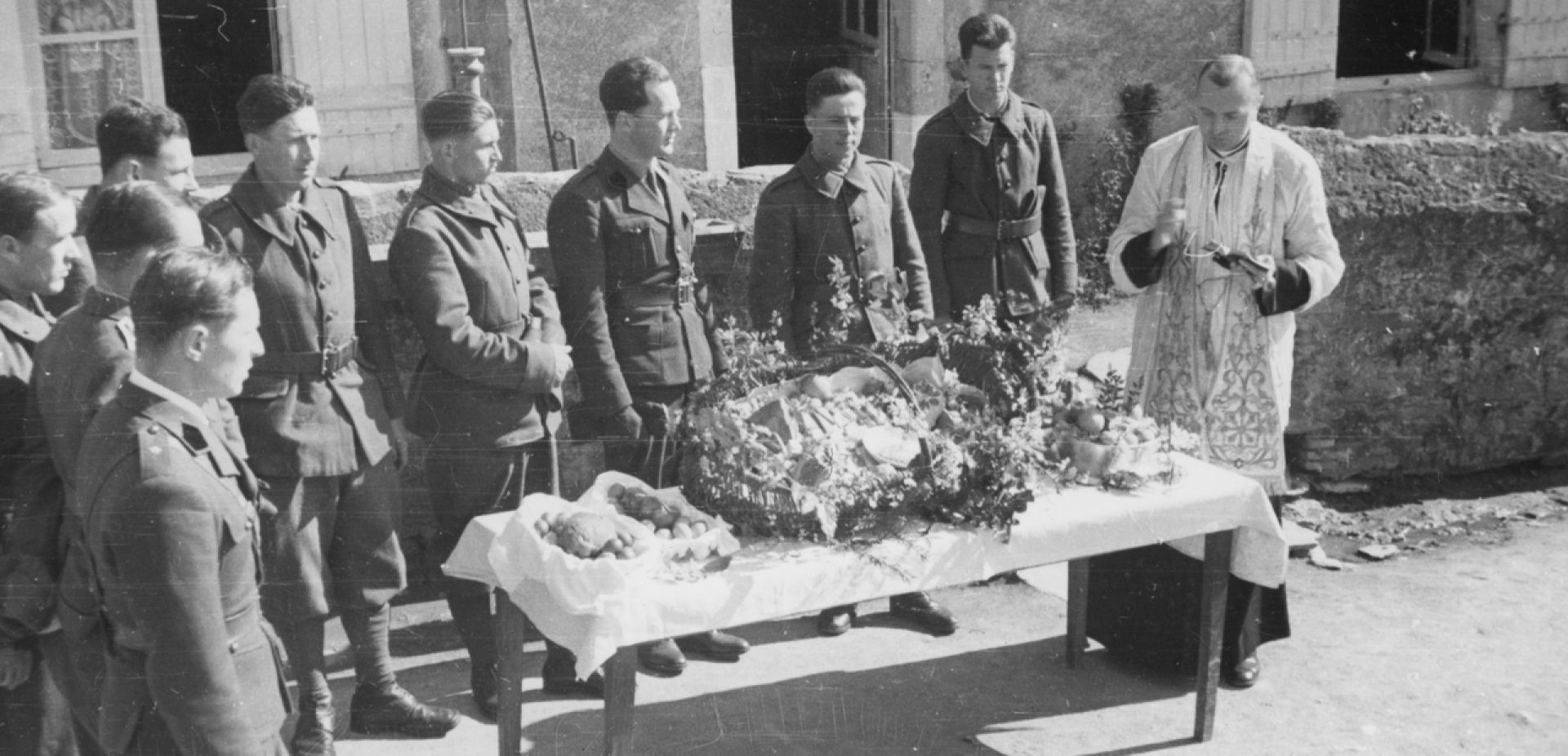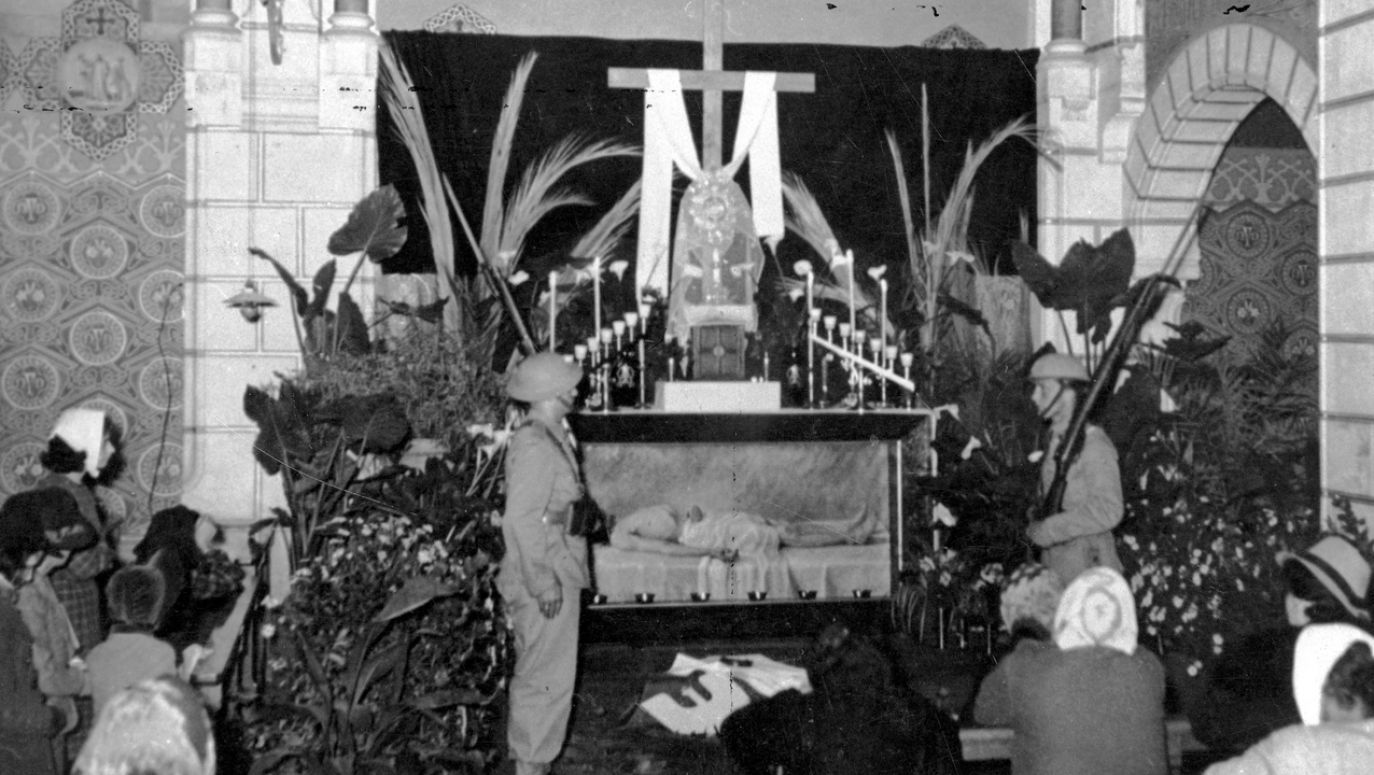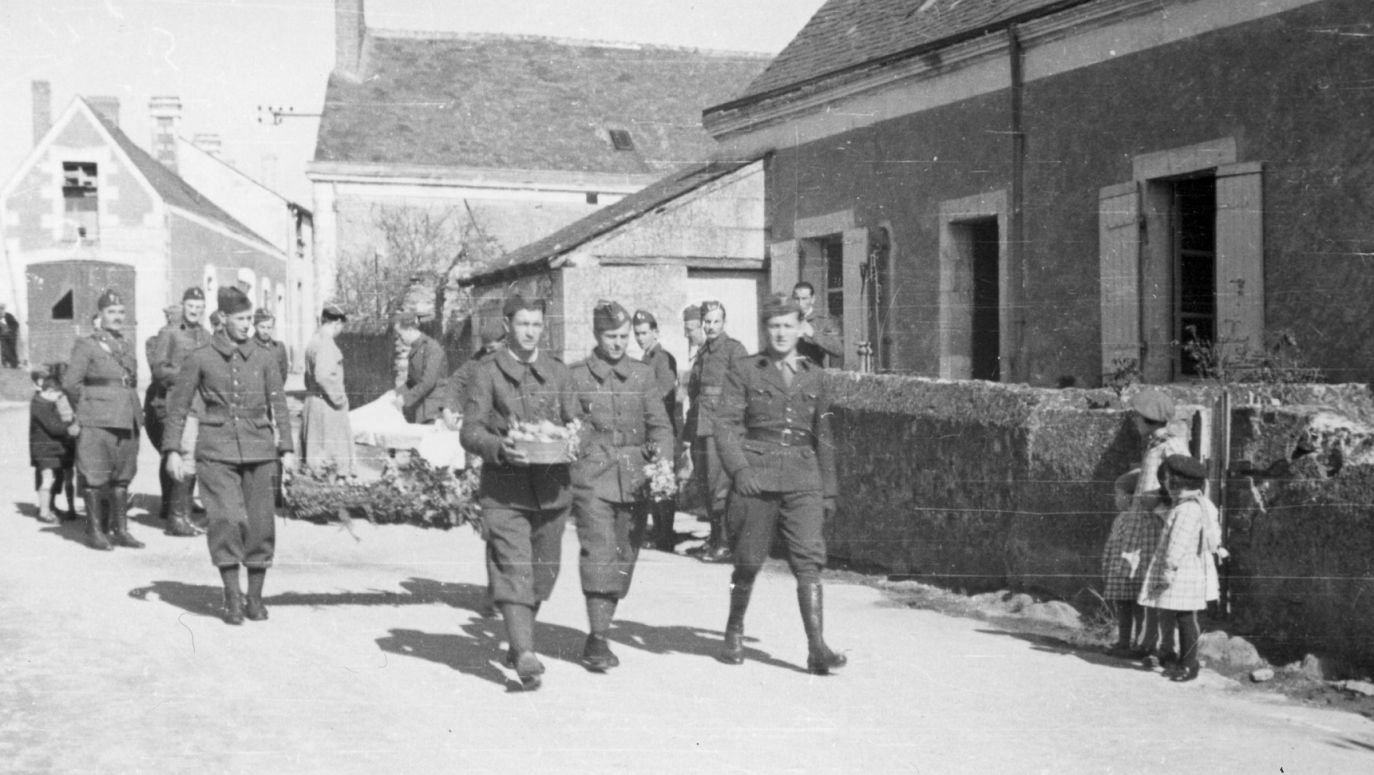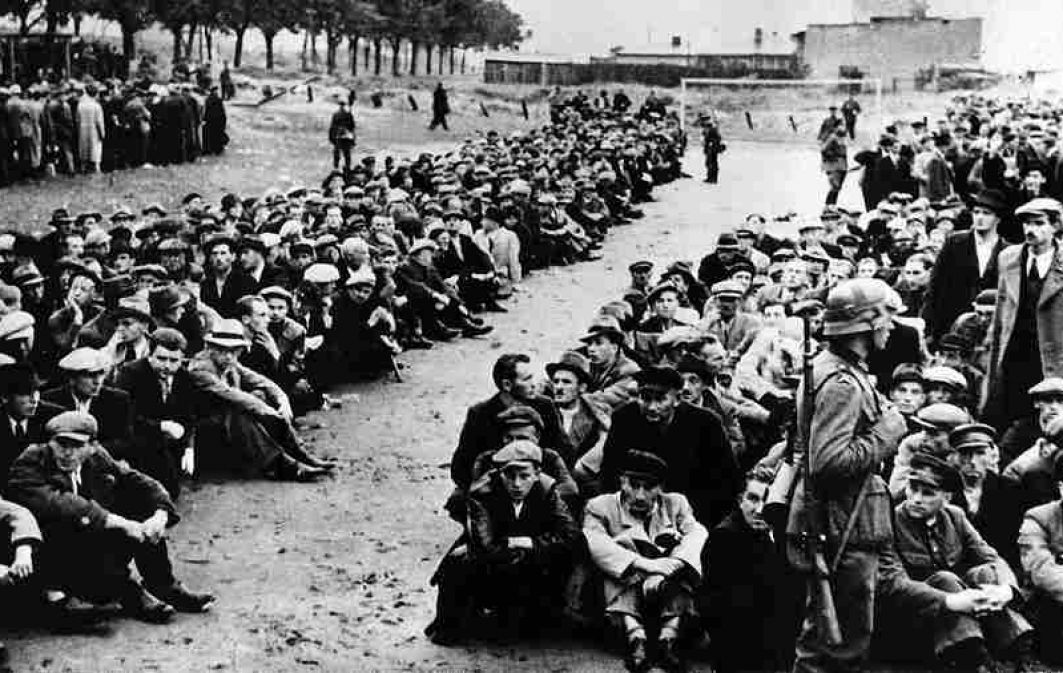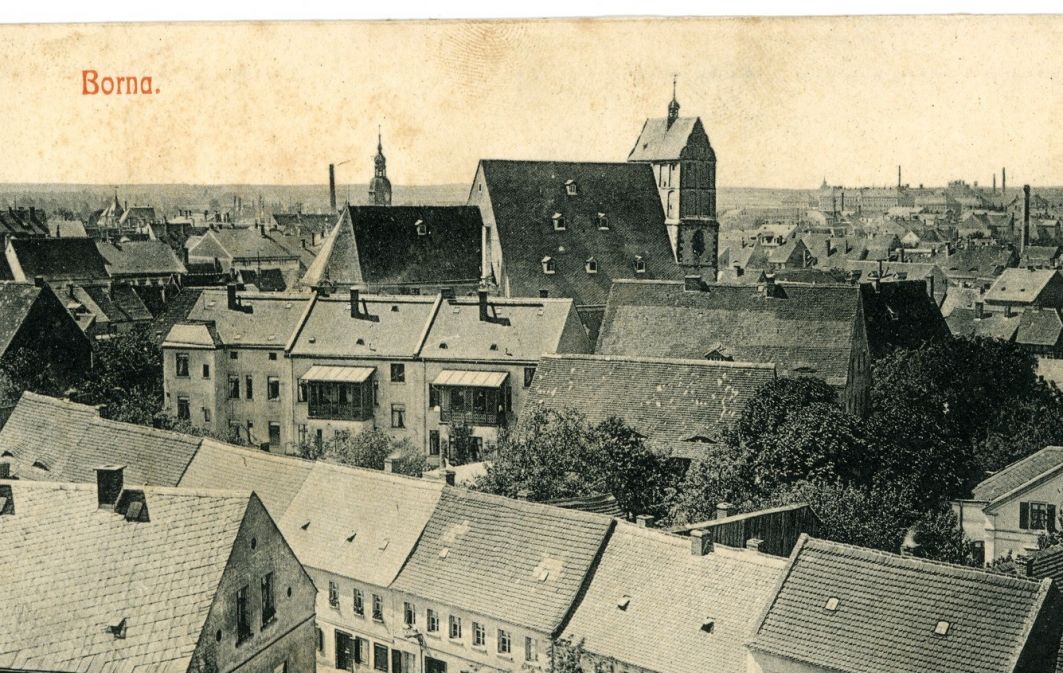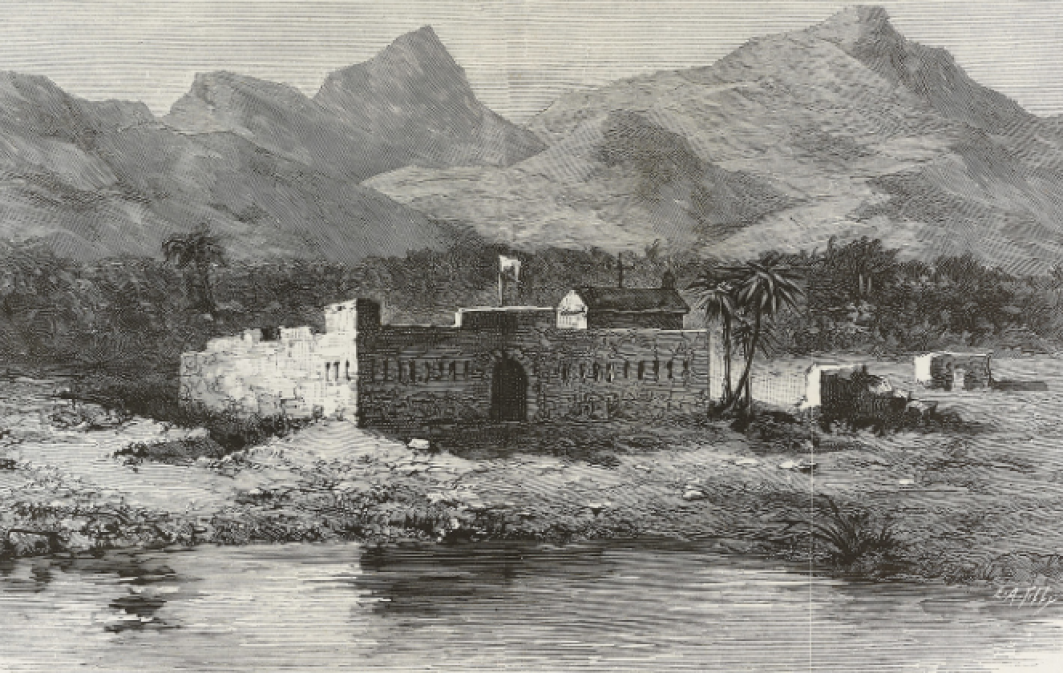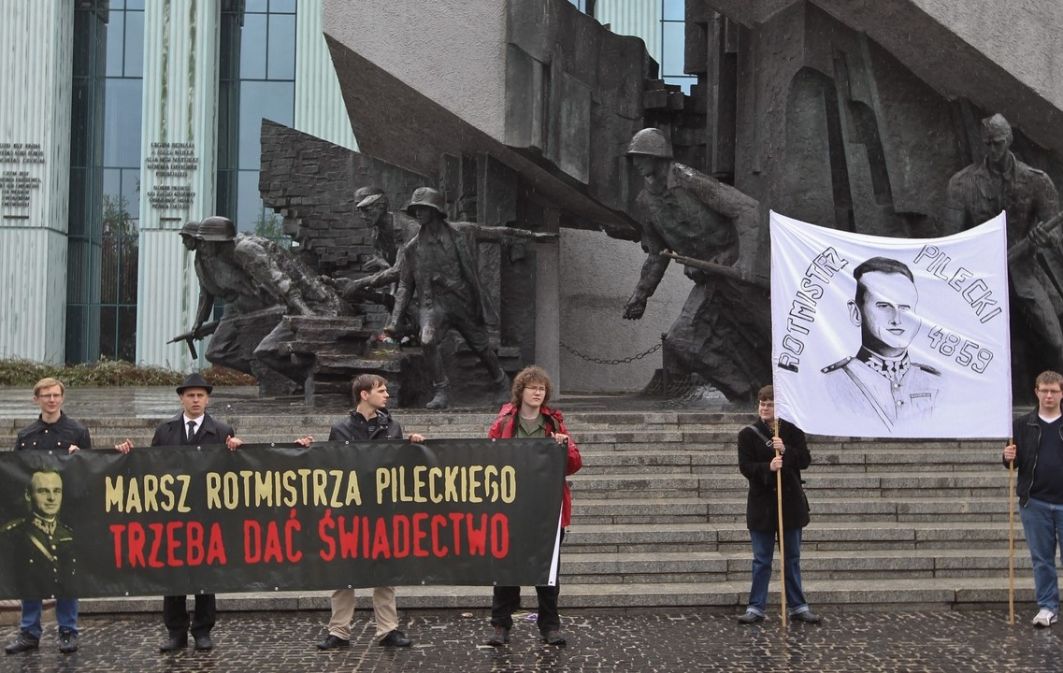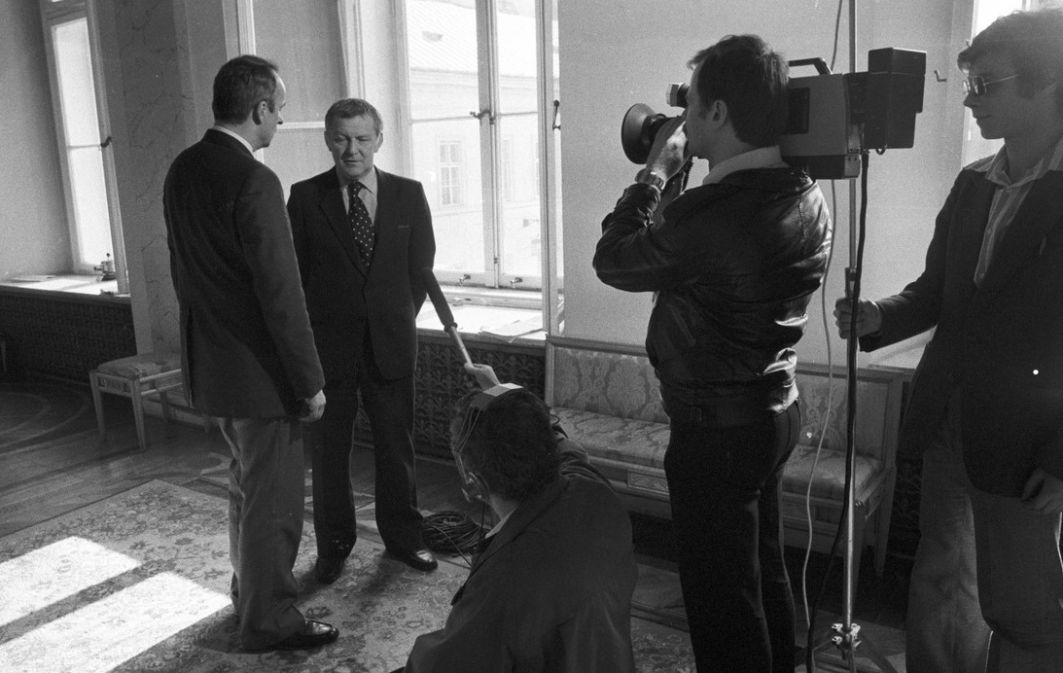Polish Easter in captivity and in foreign lands. 1940-1945
20.04.2022
In order to venerate the holy sepulchre in St Anne’s Church a queue of several hundred meters gathered along Krakowskie Przedmieście St., reaching University of Warsaw buildings beyond Visitationist Church. The sepulchre symbolically depicting Poles’ suffering brought faith and hope to regain independence.
1940
In the Holy Week, lieutenant colonel Klemens Stanisław Rudnicki (during the September campaign he commanded the 9th Lesser Poland Uhlans Regimen) was going East in a train transport of men arrested by the NKVD. After the September campaign he took a job at Służba Zwycięstwu Polski (Service for Poland’s Victory), a conspiracy organisation established by Michał Tokarzewski-Karaszewicz. In the second half of February 1940 Związek Walki Zbrojnej (Union od Armed Struggle) delegated him from Cracow to Lviv. Illegally forcing his way through the German-Soviet border, he was detained on Sunday, February 25, by a Soviet patrol and taken to a prison in Przemyśl a few days later. He had an ID card under the assumed name of Józef Rumiński, hence the NKVD did not recognize him. On Palm Sunday, along with others prisoners, he was driven to cattle vans at the Przemyśl railway station (70 people per carriage) and the train set off for the East.
.
In his memoires he wrote: “Days and nights are passing by. The train is advancing. We are trying not to lose our sense of time. It is the Holy Week after all so Henio and Zygmunt Januszkiewicz announced they would fast on Good Friday, i.e. they wouldn’t eat this tiny portion of sausage that – strangely enough – we are given with a slice of bread. I am full of admiration for them.
One day we are passing Zhmerynka, then we can clearly notice the track for Odessa remaining to the right so we are heading for Dnepropetrovsk or maybe they are taking us somewhere to the Don. Perhaps straight away to this canal [Volga-Don].
No! Exactly on Easter Sunday (again this Sunday!) they are unloading us in Dnepropetrovsk, putting into cars and transporting to NKVD prison buildings surround by a high wall studded with watchtowers. Yet again, as in Przemyśl, a huge iron gate of the prison opened wide, then it slammed shut”.
1941
Captain of the Polish Army, Wacław Plackowski, a lung-sick officer-emigrant, knight of the Virtuti Militari, twice decorated with the Cross of Valour, was transported from Haifa to the English military hospital in Sarafand. On April 13 he wrote in his journal about the second Easter in exile: “I spend this holiday alone as I did last year. Yesterday evening we arranged the Easter egg sharing in the hospital dining room for doctors and sisters of mercy. I had absolutely no desire to participate in this “egg”, and when it was decided that they would be wearing uniforms, not hospital coats, I decided to wriggle out of this celebration.
I could not overcome the feeling of unpleasantness to be the only one in civilian clothes among military men. I took the opportunity that they notified me late of the expected outfit and, pretending to be hurt, I declined to take part in the “egg”.
Today I was going to church, unfortunately, from the very morning “hamsin” was blowing, and it was very sharp, of course I couldn't move from the room. The heat was terrible, as if emanating from a hot stove, and it was very stuffy at the same time. (...) I have to admit that the hospital doctors and sisters were very nice with me and all the doctors who had dealt with me, including the hospital's commander and my head nurse, came to my room to offer me Christmas greetings. The sick officers and the hospital chaplain also came to me with greetings ”.
Captain Placowski did not live to see the next holidays. He died on December 10, 1941 in an Australian military hospital in Jerusalem. As an officer of the Independent Carpathian (Riffle) Brigade, he was buried at the Commonwealth War Cemetery in Ramla.
1942
Easter in Warsaw. Despite German authorities’ directives limiting and censoring even prayer texts (e.g. of the Litany to the Mother of God, comprising the supplication: “Queen of Poland, pray for us”), Varsovians’ religious feelings were growing which was visibly manifested during Easter. In order to venerate the holy sepulchre in St Anne’s Church a queue of several hundred meters gathered along Krakowskie Przedmieście St. [Eng. Cracow Suburb St.], reaching University of Warsaw buildings beyond Visitationist Church. The sepulchre symbolically depicting Poles’ suffering brought faith and hope to regain independence.
1943
The Polish Red Cross prepared Christmas packages for Polish POWs imprisoned in camps in the Third Reich. In Lublin, the Polski Komitet Opiekuńczy (Polish Protective Committee), commissioned by the Rada Główna Opiekuńcza (Central Protective Council – RGO), donated 100 kg of wholemeal flour, 200 kg of marmalade and 20 kg of sugar to the Polish Red Cross. Together with donations from the public, the Polish Red Cross sent 21,410 parcels with an average weight of 1.5 to 2 kg from the Lublin district. Regardless of the Polish Red Cross, 2,000 five-kilogram parcels were individually sent to the prisoners.
On April 11 and 12, the Polish Protective Committee made an appeal to the inhabitants of Lublin so that they make donations to organize Easter for the poorest children in the city. Groceries were sold at that time on supply cards, excluding meat and meat products. Every day, adult residents received 150 grams of wholemeal bread, children –100 grams.
In the pre-Christmas period, food prices on the free market in the Lublin region increased by as much as 100 percent and remained at this level after Christmas.
1944
Reserve medical officer, second lieutenant Jan Orlicki found himself in the Soviet POW camp in Starobelsk after the September campaign and survived as one of the few officers imprisoned there. Through Pavlishchev Bor and Gryazovets he reached the forming army of the general Anders. He marched with it through Persia, Egypt, and before Easter in 1944, as he put down in his notes, with his troops he reached Casamassima, a “dirty Italian ancient town” He noted on April 7: “Good Friday. Procession with Italian clergy and people. You can hear mostly Polish singing, large crowds of people on the route ”. Two days later, on Sunday, he wrote the poem "Easter Prayer" which ends with the followings verses: O Lord, through your glorious rising from the grave, give Poland the grace of victory.
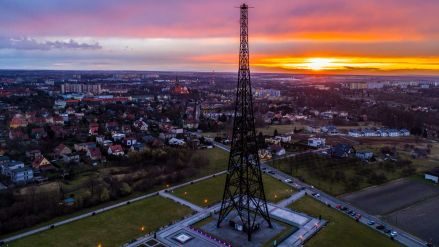
Just a few hours after the “outrageous attack” on the radio station in Gleiwitz (today’s Gliwice), the Wehrmacht invaded the territory of Poland from the west, north and south.
see more
1945
On the night of March 30, on the eve of Easter Sunday, the Russians entered the village of Fredrichstein near the Ohl River (Oława). In the morning, they woke up the forced labourers employed in the village. A woman in an officer's uniform asked them a few questions in German, and when she realized that she was dealing with Poles, she switched to Polish and Russian.
Among the workers there were two fugitives from the column of cadets from the POW camp in Lamsdorf evacuated two months earlier: the cadet platoon sergeants Jan Żułma “Feliks” and Edward Rup “Dąb”, both from the insurgent Home Army Grouping "Gurt". They fled the evacuation column behind the town of Grottkau and reached the village of Fredrichstein on foot. They were employed by local farmers unregistered, without German work books. This was the reason they were not liberated by the entering Russians. They were handed over to an NKVD unit. Jan Żułma was transported to a temporary NKVD camp in Canth (Kąty Wrocławskie), and Edward Rup – to a similar NKVD camp in Neumarkt (Środa).
Jan Żułma would recollect: “The camp was situated in a small estate guarded by the army. The prisoners of the NKVD were civilians of various nationalities, military men and priests. While waiting for the next interrogation and personal search, I concealed the Home Army ID card, a plate from the Stalag VIII F in Lamsdorf, the so-called dog tag and my calendar with notes. After having rolled, three negatives with photos from the Uprising into one roll, I hid them in a hollow hole in a half-loaf of bread and spread it with margarine.
On Easter Sunday, I survived several interrogations and searches, telling the same story about forced labor in the Third Reich. If they had found the slightest evidence that I belonged to the Home Army, they would have immediately deported me into the heart of Russia”. Easter of 1945 was happy for him: having been released, he returned to Poland.
***
Holy Saturday in the female POW camp Stalag VI C in Oberlangen, at the border with the Netherlands. There had been a 24-hour guard by the beautiful tomb of Christ, designed and made by prisoners – a visual artist and a painter. The girls changed every quarter of an hour. They couldn't hold out any longer as they fainted from weakness. Lucyna Ławnik, a nineteen-year-old liaison officer from the Warsaw Uprising, wrote in her diary: “The honorary guard consisted of eight friends. Sisters from the hospital dressed in white gowns and caps with red crosses. At noon I was supposed to join the Adoration, but I didn’t, because I had not even managed to leave the barracks when I collapsed. Drying [fasting] had one disadvantage. I was physically exhausted. 16 friends from the watch fainted that night. (...) The resurrection was significantly shortened and took place on Saturday at 6 am.
Before it started, the priest [an Italian from the neighboring men's camp] blessed the food. Although there is hunger in the camp here, our święcone [Easter basket] was impressive. Two large tables were set with colored eggs and lambs made of cotton wool. You could even see a sausage here and there. It was in the last days of imprisonment that we exercised our mercantile skills and exchanged whatever we could for eggs, bread, and sausage”.
“Sandwiches - in the diary account of another liaison officer, Alina Karpowicz “Miła” – sandwiches ... in the ocean of sausages, pâté, fish spread and cheese, among the hills of bread, eggs etc., ghostly figures in curlers and aprons – this is us. Provisions put aside have waited until their moment. A lot of work – a breakfast for the whole company. Great deal of work - no need to think, no need to remember. Everything is lost in a mass of pink slices, yellow discs, tasty masses gluing fingers together. There is choking sadness: what is it for?”.
Lucyna Ławnik: “Although our thoughts are at home, we try not to show it and we laugh. After a few words-wishes from the commandant “Zbigniewa” [lieutenant Janina Skrzyńska] we begin to share the egg. Our team is singing. Although we are the youngest in the company, we call the tune and impose our style. Eve comes, we laugh at just about anything. Ms “Zbigniewa” orders silence.
Other companies came and we wished ourselves well. Then we visited other barracks.
When we cleaned up, Ms «Jaga» [lieutenant Irena M. Mileska] came. She brought a message that shocked all of us. - Gdańsk is in Polish hands. Polish eagles are waving in the streets.
- Poland is not yet lost - the singing sounded faint, because the voice could not pass through our throats filled with tears.
– Maciej Kledzik
– Translated by Dominik Szczęsny-Kostanecki
I made use of the following works: Klemens Rudnicki, „Na polskim szlaku”, Londyn 1952; „Dziennik żołnierza-tułacza. Zapiski kapitana Wacława Plackowskiego z lat 1939-1941”, oprac. Jacek Piotrowski, Wrocław 2016; Jan Orlicki, „Z II Korpusem. Irak, Egipt, Italia”, Warszawa-Londyn 1994; „Dziewczęta ze stalagu VI C Oberlangen”, opracowanie i wybór tekstów Felicja Bańkowska i Krystyna Kabzińska, Warszawa 1998 as well as of my own archive.
